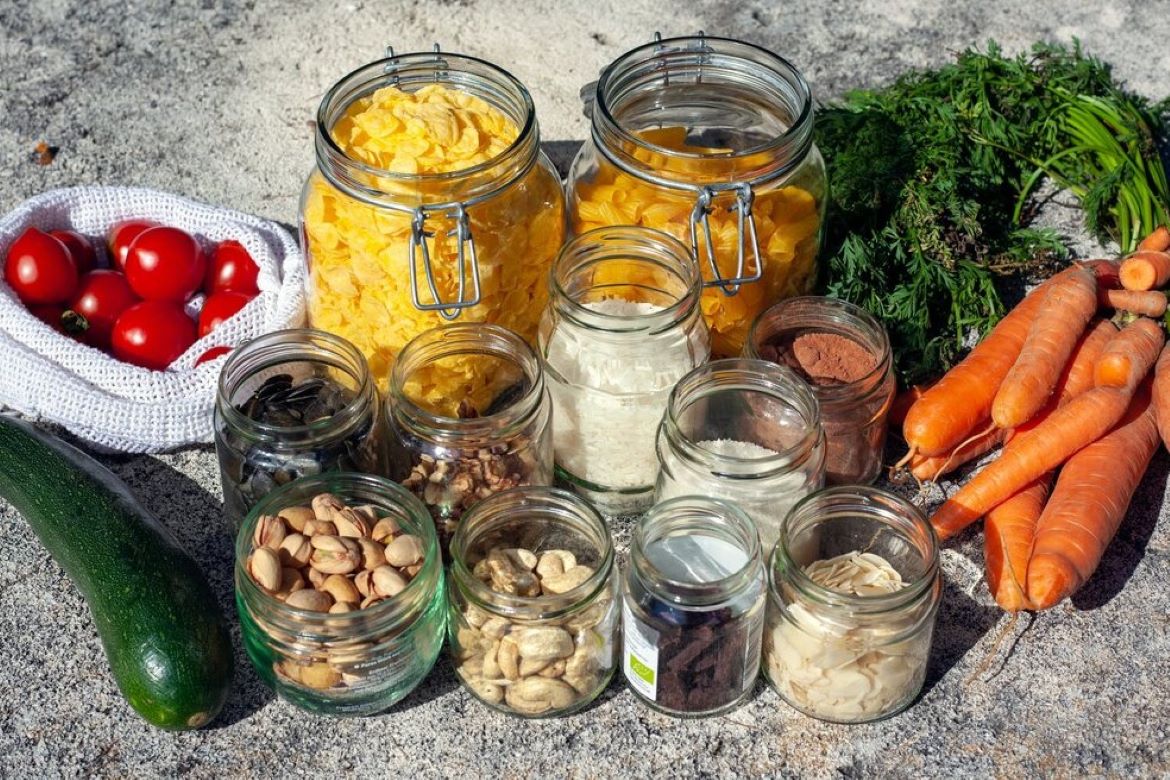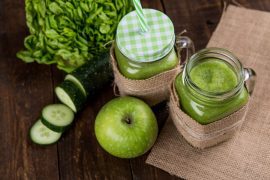By Stephanie Sullivan
Those of you who have read my previous articles, or have checked out my website or social media, would know that I focus on helping people reduce and manage stress. So, you may be wondering why I am writing about reducing your exposure to toxins? Well, when most people think of stress, they typically think of psychological (mental) stress and physical stress (such as muscle tension or pain). There is a third type of stress that most people do not think about, yet it can have catastrophic impact in our bodies and minds, even potentially causing damage to our brain, cells and/or DNA: biochemical / cellular stress.
AUSCFM (functionalmedicine.com.au) defines cellular stress as “a form of biological stress that occurs when cells are exposed to adverse environmental conditions, which affect the optimal equilibrium of chemicals and biomolecules inside and outside the cell.”(1) This can impact the normal functioning of the body, potentially disrupting or disturbing hormones and the endocrine system (which regulates hormones and many processes in our body), impacting metabolism, causing inflammation, damaging cells, proteins, DNA or RNA. Consequently, cellular stress can impact the key systems throughout our body including nervous, cardiovascular, endocrine, and immune systems, potentially causing serious health issues, increased risk of disease, and/or chronic illness.
There is a third type of stress that most people do not think about, yet it can have catastrophic impact in our bodies and minds, even potentially causing damage to our brain, cells and/or DNA: biochemical / cellular stress.
There are several things which can cause biochemical or cellular stress on the body (e.g., extreme temperatures, dehydration, infections, alcohol / drug use, poisons, pollutants, chemicals, and toxins, among other things). As one example, a study published in the American Journal of Respiratory and Critical Care Medicine(3) found that exposure to common household cleaning chemicals from cleaning your home only once per week for 20 years results in significant lung damage. And, the lung damage for professional cleaners is equivalent to smoking 20 cigarettes daily for 10 to 20 years. Both of these findings are shocking and concerning!
There is also a close connection between stress and hormones. For example, you have likely heard about increased cortisol production and adrenaline associated with stress. These are both hormones. All of the various hormones are silently pumping through our bodies, with a delicate balance and interconnection or dependency on each other. For example, high cortisol (stress hormone) levels can lead to low progesterone levels, which can impact female fertility and/or lead to miscarriage if unknown and untreated.
So, if you want to reduce the stress on your mind and body, and/or improve your overall health, then you need to consider your exposure to chemicals and toxins in your home and everyday environment. If this is not something you have previously considered, and it is new to you, it may seem a bit overwhelming. This is understandable, as most of us are exposed to thousands of chemicals each day, in everything from the air we breathe, the personal care products we use, to the foods we eat, the things we use in our kitchens, and the products to clean our homes. Having said that, there are some really easy steps you can take to reduce the amount of toxins that you and your family members are exposed to every day. And, the good news is that you do not have to do everything at the same time. As you run out of a product, just take a few minutes to search for a healthier, non-toxic alternative. Or, if it’s an inexpensive item and high-risk, I say just bin it and replace it. There are a lot of good options out there in the market nowadays, so it isn’t about giving something up, or going without, but rather trying a different product alternative.
…there are some really easy steps you can take to reduce the amount of toxins that you and your family members are exposed to every day.
Here are 10 things you can do to help reduce the toxic load and stress on your body:
1. Stop buying bottled water, and definitely do NOT reuse those plastic bottles. They are not built or intended for reuse, are not BPA-free, and will leech chemicals into your drinking water, not to mention the environmental impact. Simply filter your drinking water at home, and store it in the fridge and carry it with you, ideally in glass or stainless steel, else BPA-free plastic. Also, ensure to drink enough water daily as this will help combat stress on your body and mind, as well as support your kidneys and liver to function well to help rid your body of toxins. Having said that, you also want to avoid over taxing the liver with toxic exposure in the first place.
2. Reduce or eliminate alcohol consumption. It’s a relatively common practice for people to use alcohol as a means to reduce stress; ironically, alcohol is one of the things that contributes to all three forms of stress (psychological/mental, physical, and cellular). It is only a very temporary masking, and then it has the reverse affect soon after. It causes poor sleep quality, raises cortisol (stress hormone) levels, shifts hormonal balance, impacts metabolism, impairs the immune system, can damage cells, not to mention possibly leading to addiction and/or depression.(10) Doing something like “Dry July” is good, but it’s even better to reduce your weekly consumption on an ongoing basis, and better yet to eliminate it all together or save it for special occasions.
3. Food shop “chemically conscious”. Notice I didn’t just say “buy organic”. If you can, that’s great (particularly while pregnant or breastfeeding), but I’m conscious that in the current environment things are especially expensive and supply is unreliable at times. Plus, you really do not need to buy everything organic! In fact, buying some things organic is a waste of money. If you eat meat, I recommend buying the cleanest meat you can find and afford (ideally organic, else possibly hormone-free, grass-fed options). It’s also best to trim extra fat from your cuts of meat, as animals store or accumulate chemicals in their fat cells. If budget permits, I would also prioritise buying some fruit & veg organic. Prioritise which to buy organic by checking the EWG’s list of the “Dirty Dozen“TM and the “Clean Fifteen“TM. Things on the “Dirty Dozen”TM list should be prioritised for buying organic, and if you need to prioritise further within that list, consider which produce has the softest skin which chemicals can more easily permeate, and which you can apply more pressure to wash (e.g., think of the difference between berries, versus an apple or pepper). And lastly, for the things on the “Clean Fifteen”TM list, do not waste your money on buying organic, unless you want to also avoid GMO products (see the EWG link for details). Download my FREE GUIDE to CLEAN EATING for additional info.











